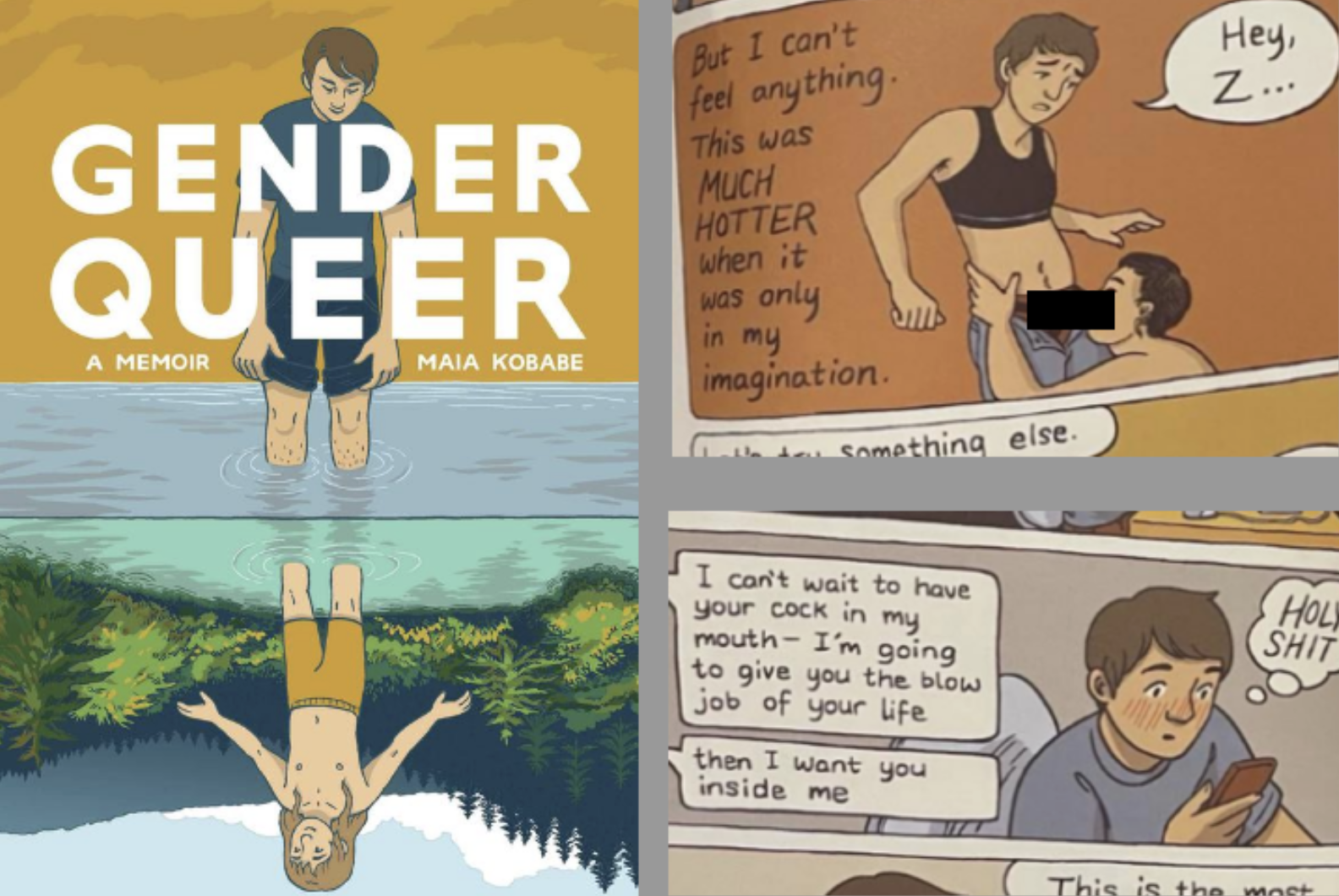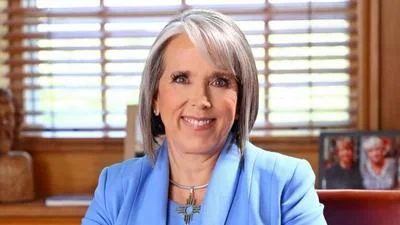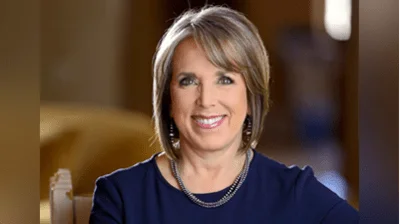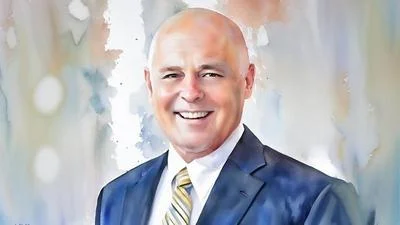An advocate for children's protection and free speech says she was silenced during a public hearing on Senate Bill 552—legislation that claimed to champion those very principles.
Micayle Petersen, co-founder of Freedom Familes United, alleges the Senate Education Committee blocked her and other critics of the bill from speaking during its hearings in March.
SB552, titled the “Protection of School Library Materials Act,” purportedly aimed to safeguard free expression and shield school staff from retaliation in regard to library book selection. It was heard in committee but failed to pass before the legislative session ended on March 22.
The bill would have required New Mexico public schools to develop policies for managing library resources beginning in the fall semester of 2025.
SB552 was sponsored by State Sen. Antoinette Sedillo Lopez (D-Albuquerque), a former law professor who is known for supporting leftist policies, including past legislation providing for government subsidization of sex changes.
Neither Lopez nor the Albuquerque Teachers Federation—a local teachers union that backed the bill—responded to requests for comment.
According to the language in the Act, it aimed to protect free speech and guard against harassment and discrimination based on characteristics such as disability, race, and gender identity, while also establishing a review process for challenged materials and shielding staff from retaliation.
However, Petersen, an outspoken critic of SB552, claims that her efforts to advocate for greater protections for children from sexually explicit content in public schools were ironically blocked, despite her following all proper procedures.
Petersen, who previously published a "Letter to the editor" in the Gallup Sun after the incident, described her experience at the Senate Education Committee hearings, which took place on March 10 and 13.
“I followed all the correct procedures to speak—twice—and was ignored both times, even as multiple supporters of the bill were given time. My hand, along with several others, were lowered on Zoom with no explanation,” Petersen told the New Mexico Sun. “I only received a response from Anthony Thornton on the issue, sympathizing with our position and that he didn't have authority as a minority party member.”
Petersen’s frustrations were echoed by many others who felt their voices were suppressed during the hearing.
According to Petersen, the Senate Education Committee allowed only supporters of SB552 to speak, which she claims “manipulated the narrative.”
“When only one side is allowed to speak in a public hearing, that’s not actually letting New Mexicans voice their opinions,” she said. “It’s manipulation of a narrative. Lawmakers are supposed to represent everyone, not just those they agree with. Silencing dissent creates distrust and pushes concerned citizens out of the process. This was about protecting kids—not politics—and we had every right to be heard.”
The contentious SB552 has been at the center of debates surrounding school library content, specifically concerning books deemed sexually explicit or otherwise inappropriate for minors.
Proponents of the bill argue that it is necessary to ensure that children are not exposed to inappropriate materials in school libraries.
Books aimed at young audiences that have been placed in some school libraries across the nation have drawn significant criticism for containing graphic sexually explicit illustrations and including themes such as "incest, molestation, and pedophilia."

Imagery from GenderQueer, a book aimed at teenagers which has been included in many school libraries nationwide. (GenderQueer)
Critics like Petersen saw SB552 as a political maneuver designed to bypass public scrutiny and protect materials they believe are harmful to children’s development.
“SB552 started as a vague placeholder. Later, they swapped the whole thing out for a totally different bill that severely limits the public’s ability to challenge inappropriate books in school libraries,” Petersen said. “It gives full protection to librarians and removes almost all oversight. This move bypassed early scrutiny and made it nearly impossible for parents to respond. That’s not transparent. It’s strategic silence. I am glad this bill didn't pass.”
For Petersen, the issue is clear – the protection of children must come first.
“If something wouldn’t be allowed on public TV or shown to a 10-year-old in a movie theater, it shouldn’t be on a school shelf,” she said. “We already rate content in every other industry—TV, film, video games, even music. Schools should be no different. Materials with graphic sex, rape, suicide, or drug use need to be labeled, reviewed, and restricted by age.”
Petersen is also concerned about the impact such content could have on children’s mental health.
“Many studies show early exposure to age-inappropriate content HARMS children's development and mental health,” she said. “We need a rating system, age standards, a review process, transparency, and consequences for exposing minors to adult content. We know it causes harms and leads to risky behaviors earlier in life, so we can't stand by while kids continue to be exposed in public schools.”
The involvement of the New Mexico Teachers Association (NMTA) in supporting SB552 has only intensified Petersen’s concerns.
According to her, the teachers union opposed attempts to include parental involvement and transparency in the bill, which she views as problematic.
“The teachers union supported SB552 and opposed attempts to add parental involvement or transparency,” Petersen argued. “That says enough. I understand the importance of representation on behalf of the school employees, but distribution of explicit content shouldn't be included. Really, the criminal code needs to be changed in NM. Books with graphic sexual scenes, gore, extreme drug culture, or glorifying suicide and self-harm don’t belong in K–12 schools, period. This is about protecting children—not erasing people, or other nonsense claims against our efforts.”
Petersen’s ultimate goal is to create a framework that ensures parents are involved in the decision-making process when it comes to what materials are available in schools.
“We need a rating system, age standards, a review process, transparency, and consequences for exposing minors to adult content,” she said. “Most importantly, parents must be involved—without barriers. If schools want trust, they need to stop treating families like enemies.”
Despite her criticisms of SB552, Petersen remains committed to advocating for children’s safety in schools.
“This isn’t just about one bill,” she said. “It’s about creating a system that prioritizes the well-being of our children over political agendas.”








